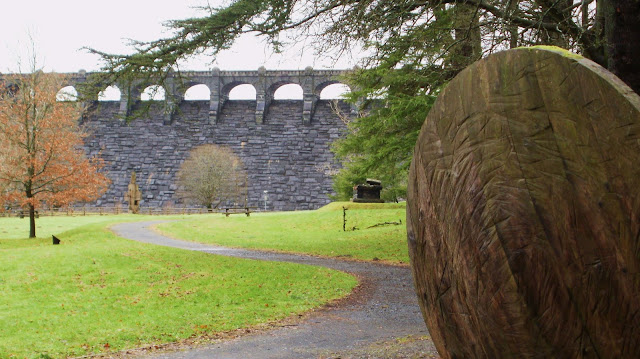
Roxy Music was formed in 1970 by Bryan Ferry, the group's principal songwriter and lead vocalist, Brian Eno, and Andy Mackay. Generally referred to as Art Rock, Roxy's music was always avant garde, influencing punk, New Wave, and the synth groups of the 1980s.
Synthesizer maestro Eno long ago went his own way, but the current line-up continues to feature Phil Manzanera (very sharp guitar), Mackay (sexy saxophone and liquorice oboe), and Paul Thompson (drums and percussion). 40 years on, the music is still very fresh and edgy.

Roxy Music's album covers were always very striking, and the visual backdrop to the current 'For Your Pleasure' tour manages to be both stylishly retro and bang up to date, quite psychedelic at points. Highly recommended.










